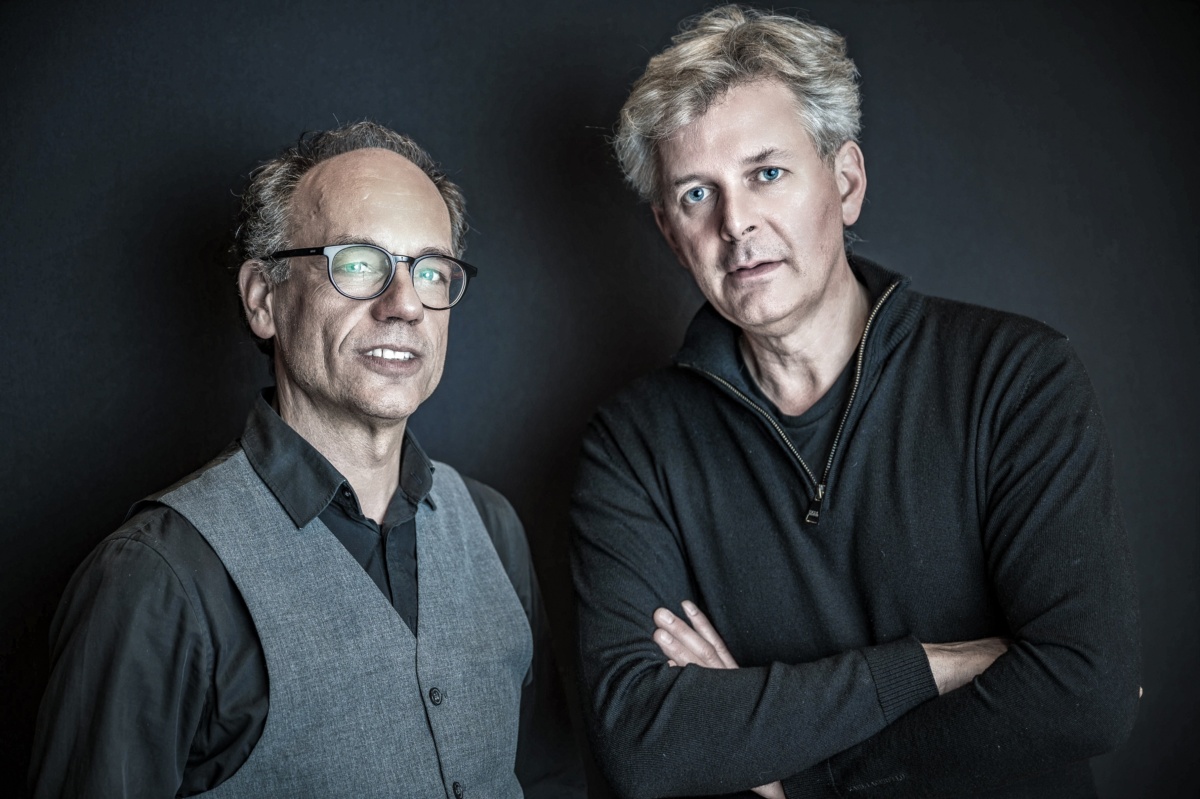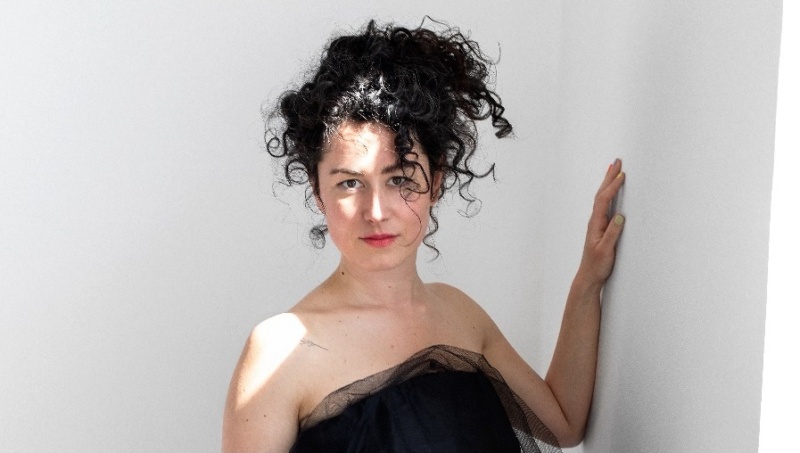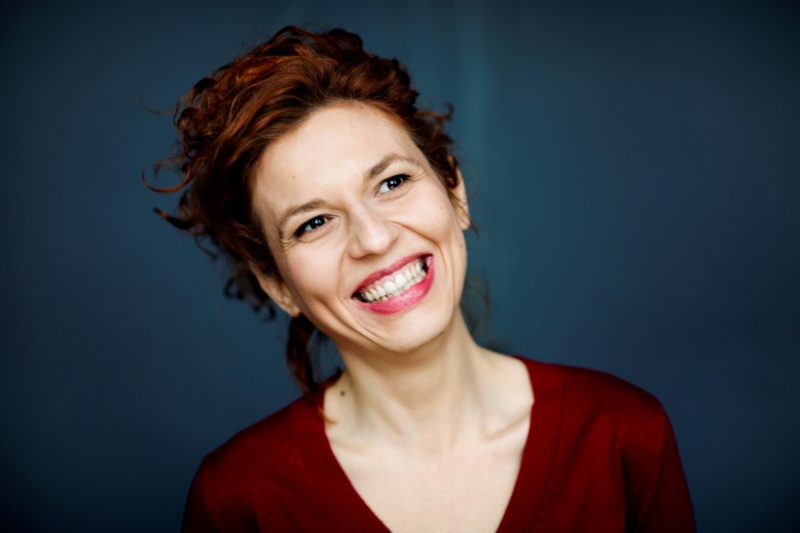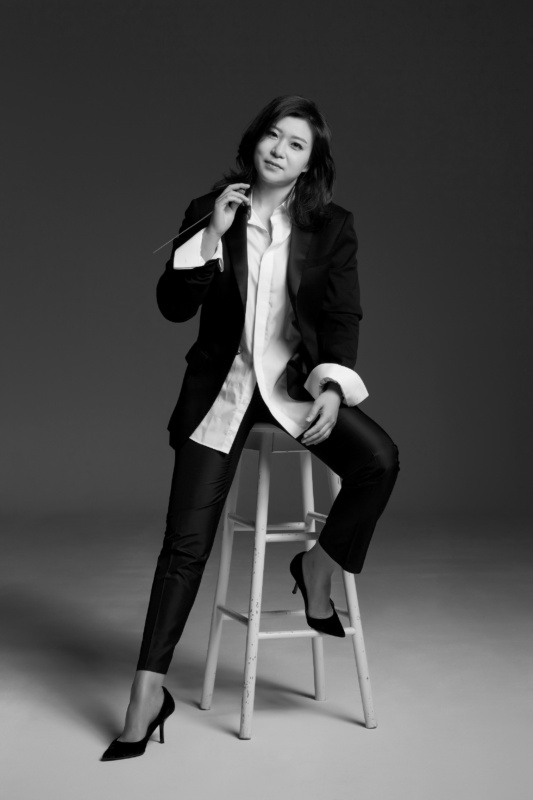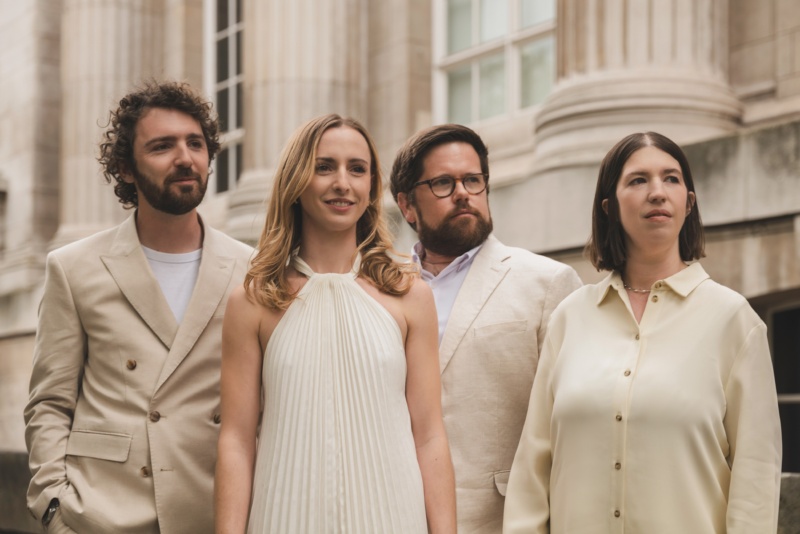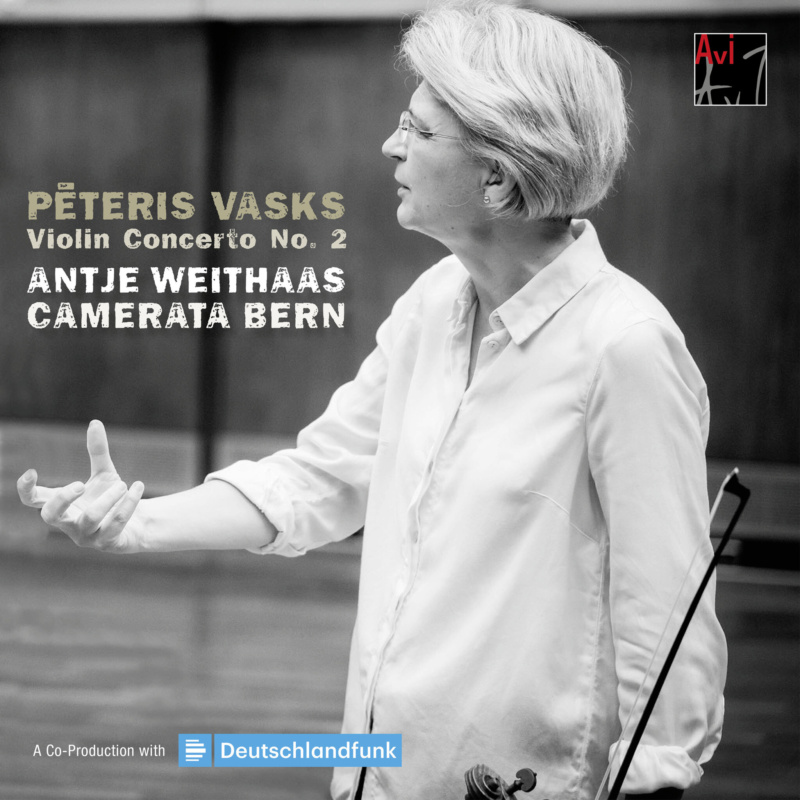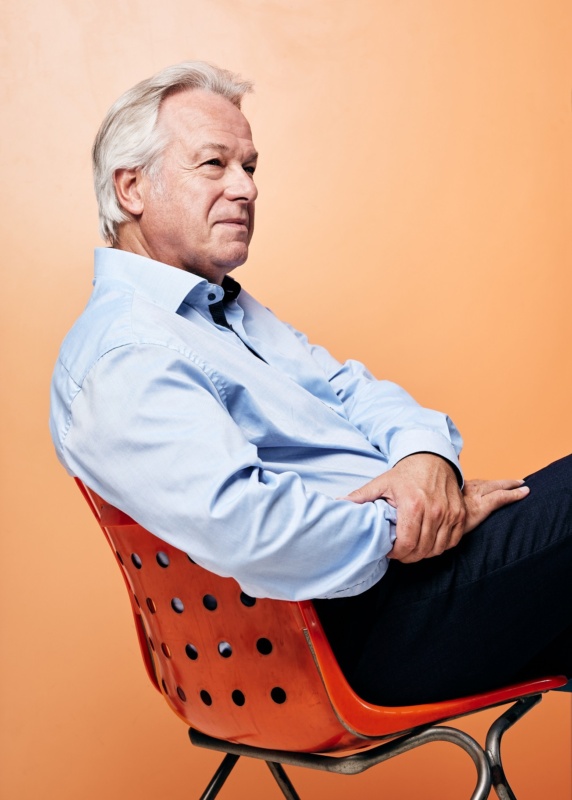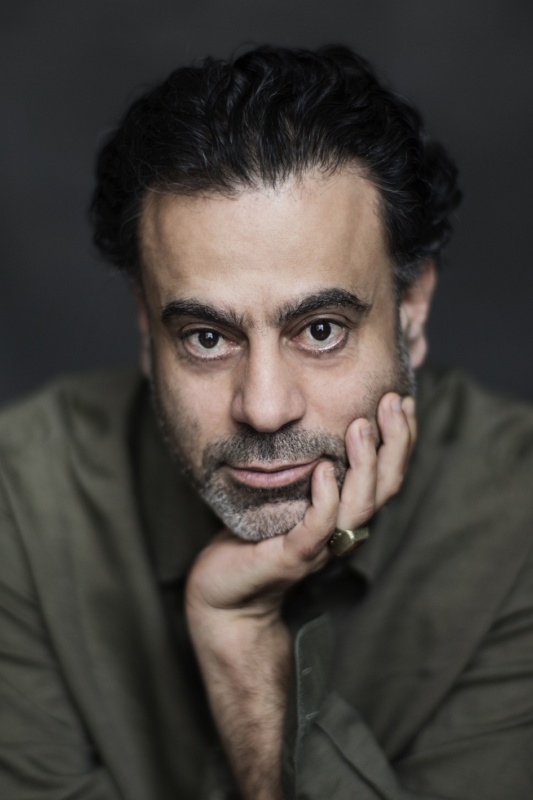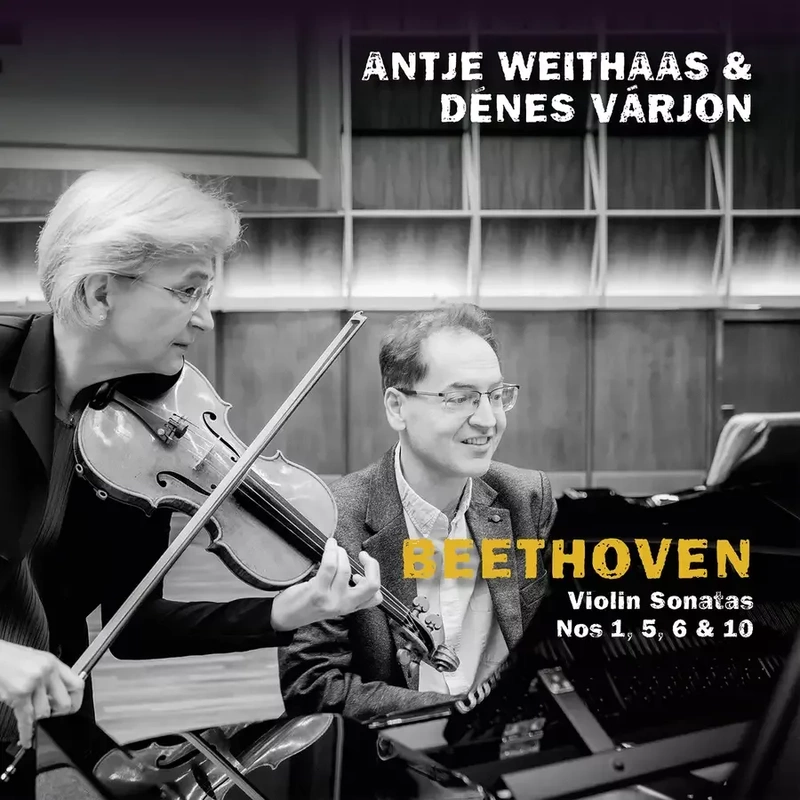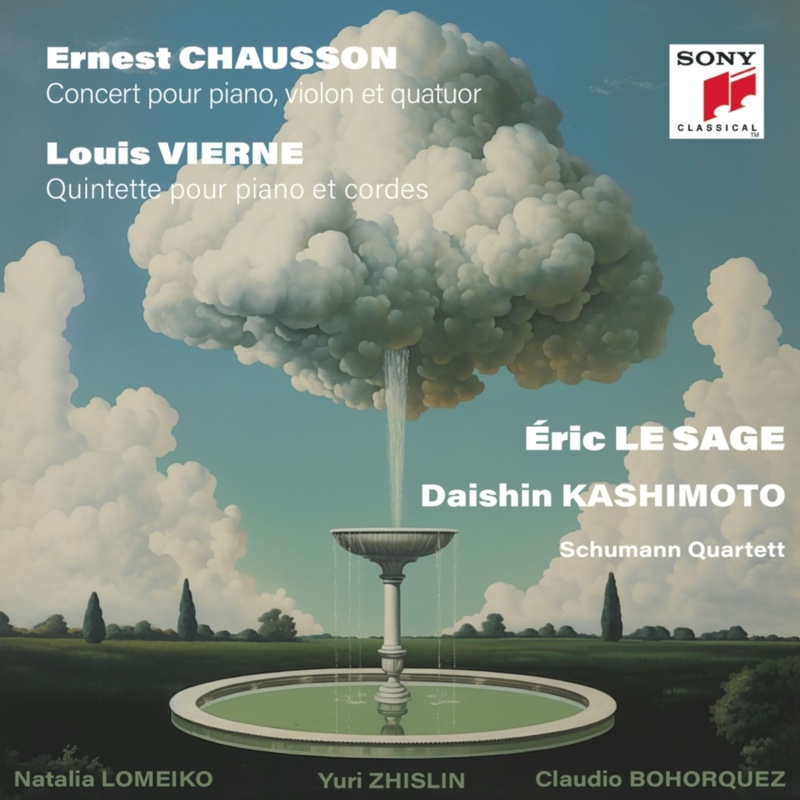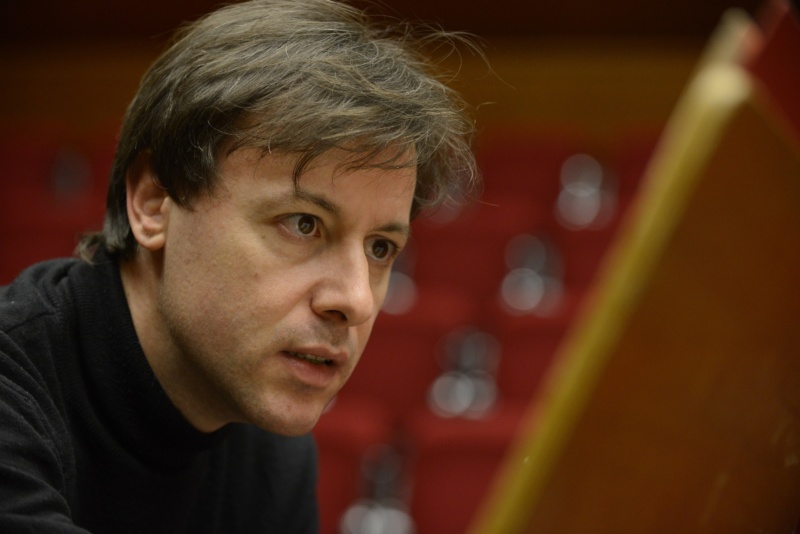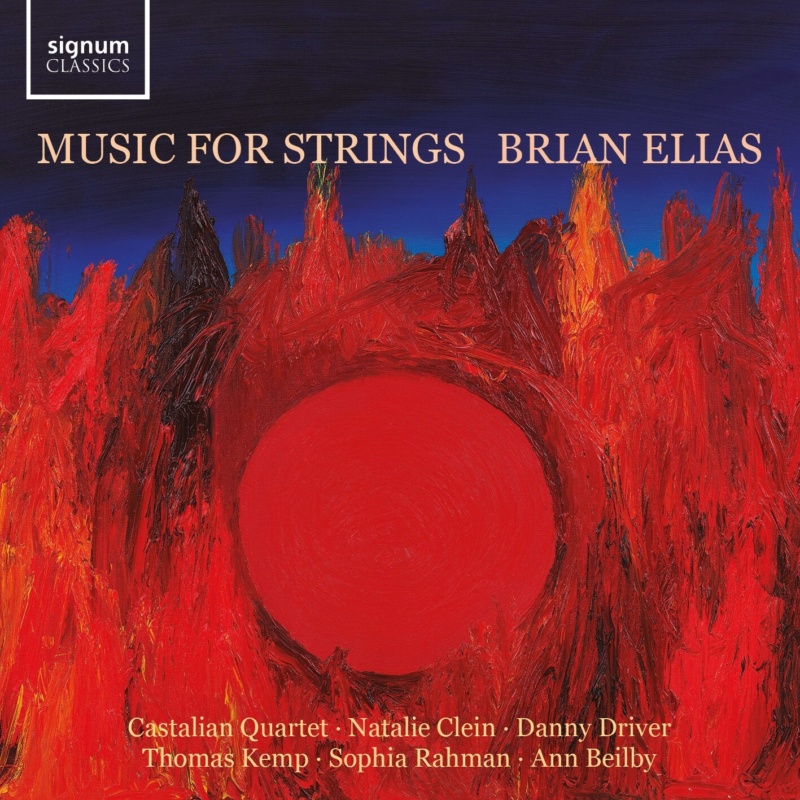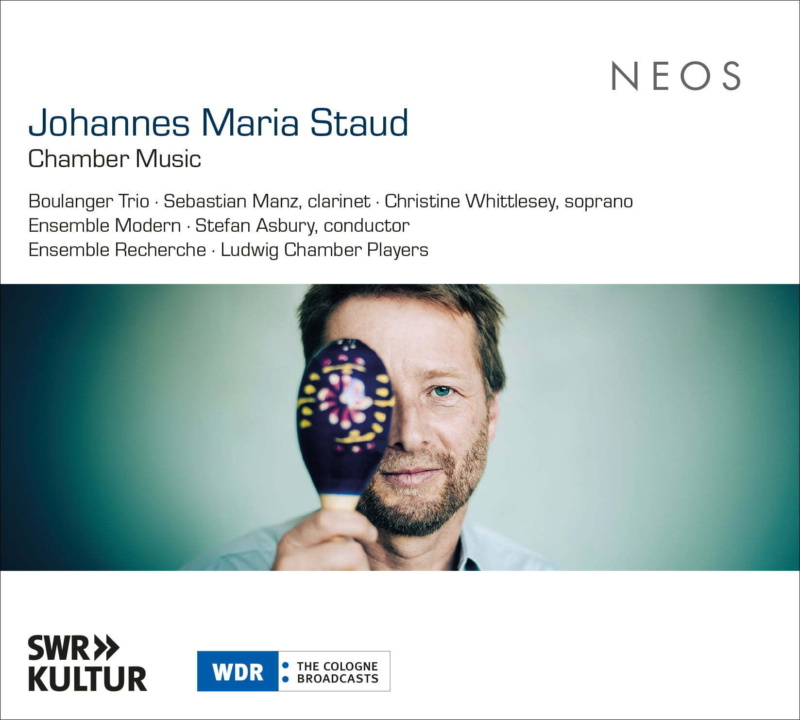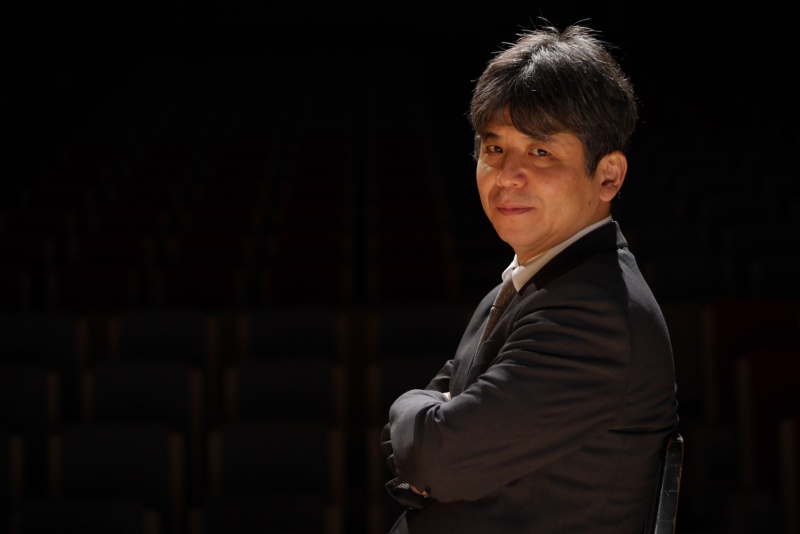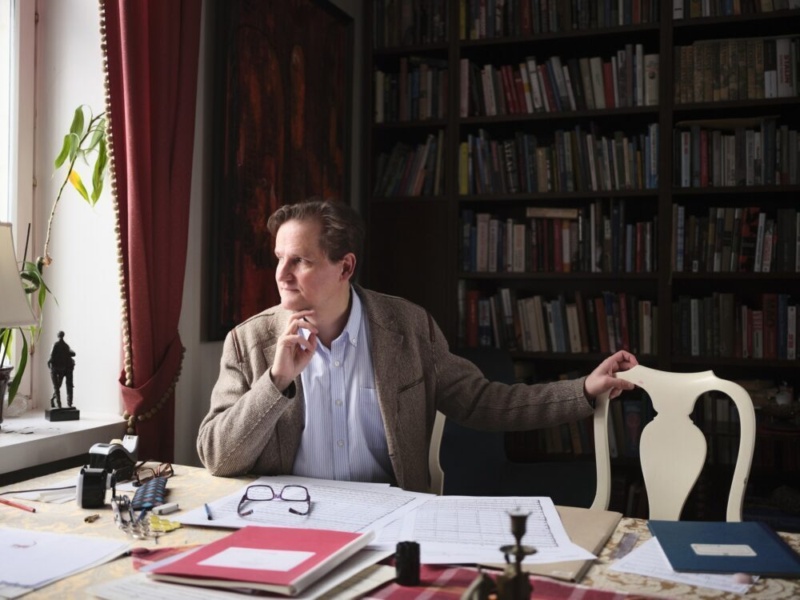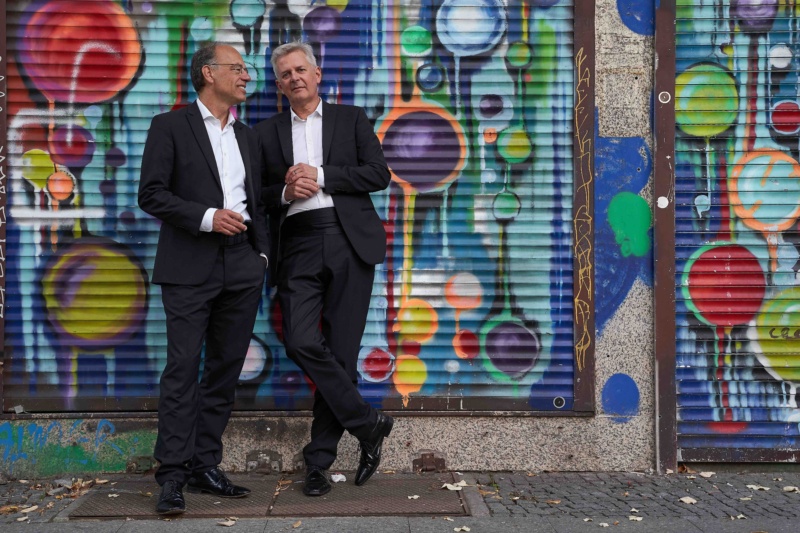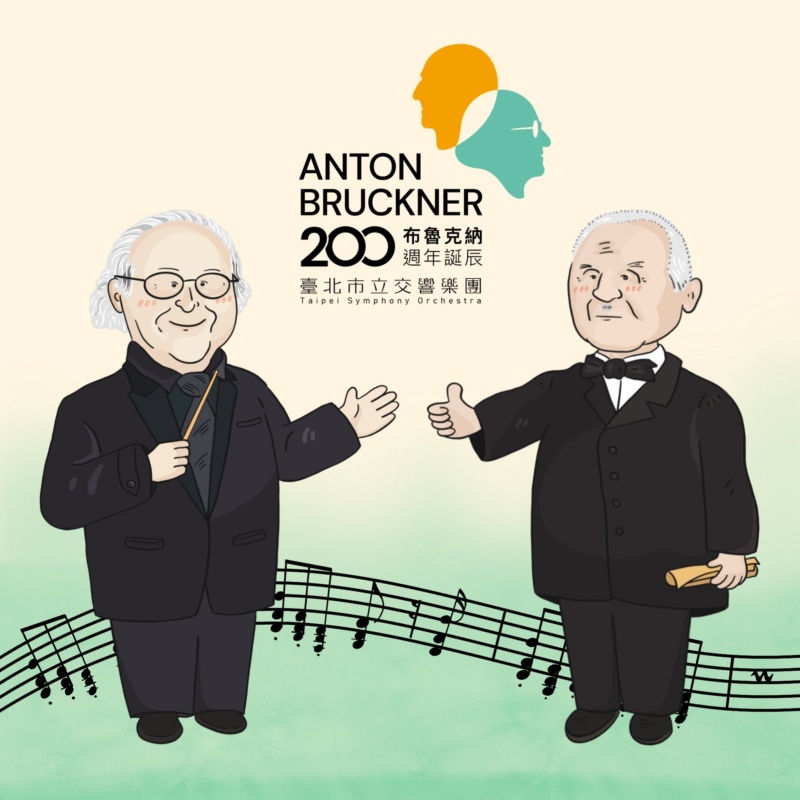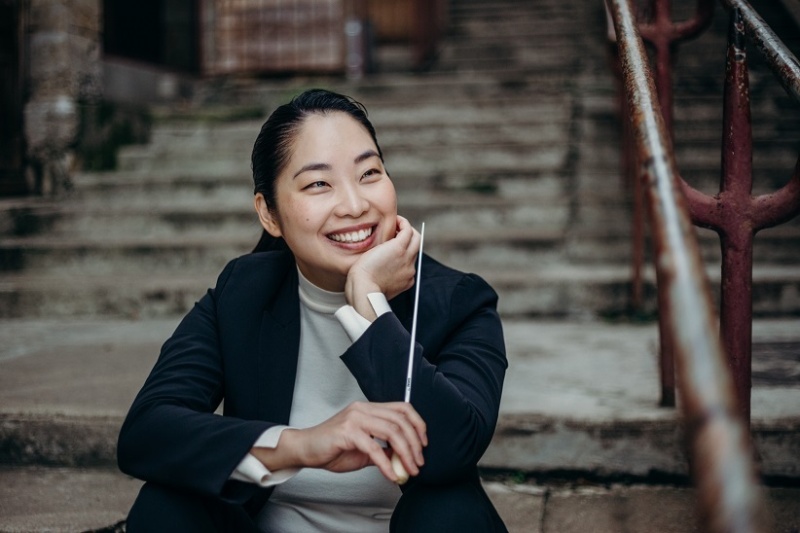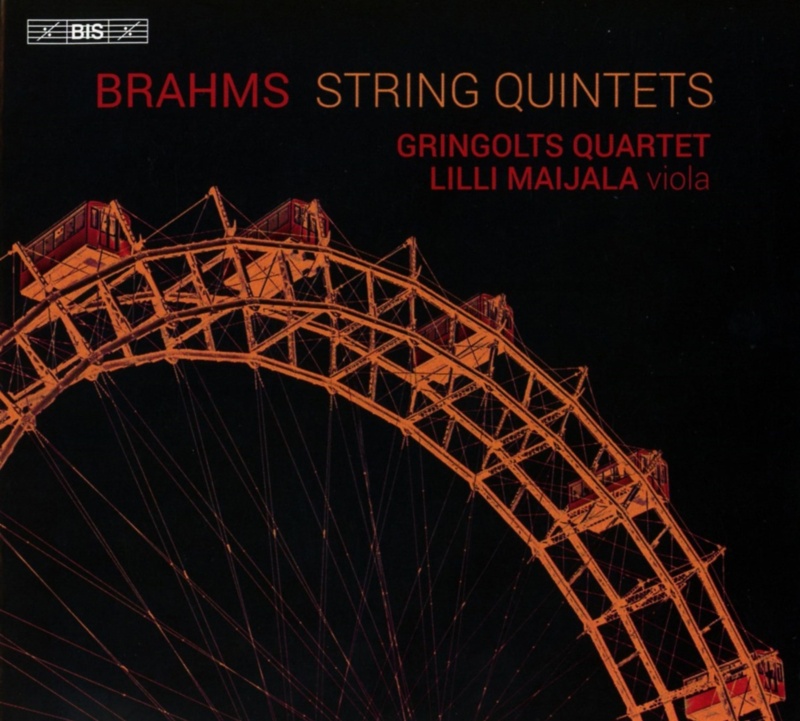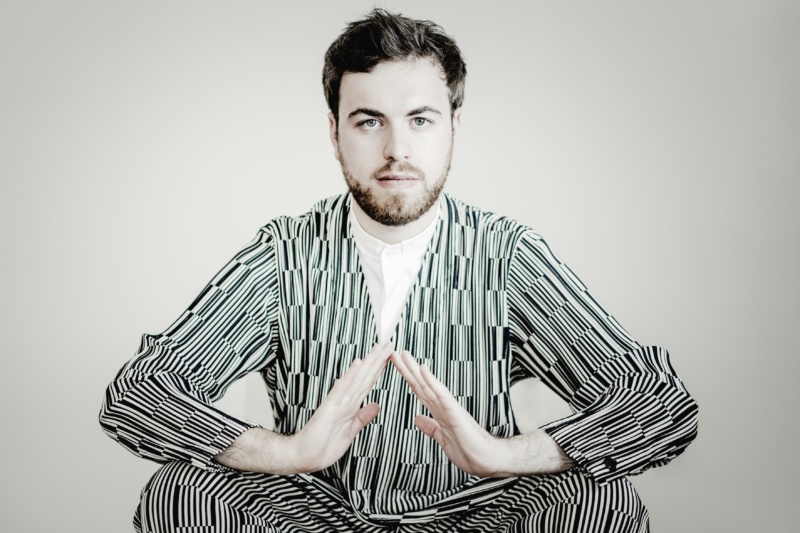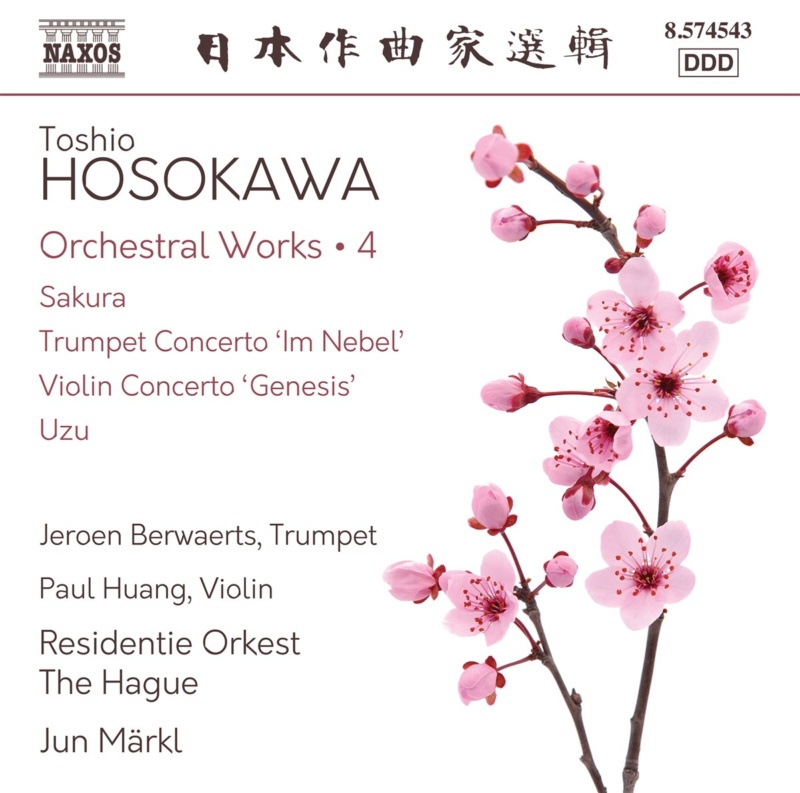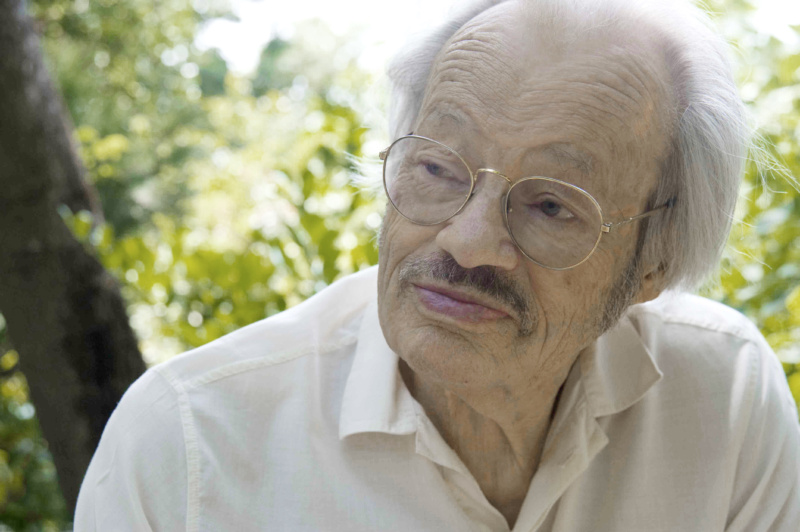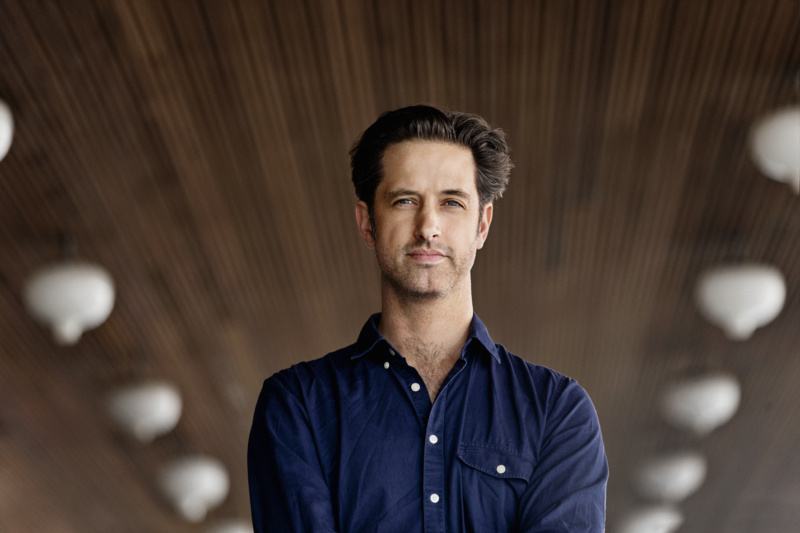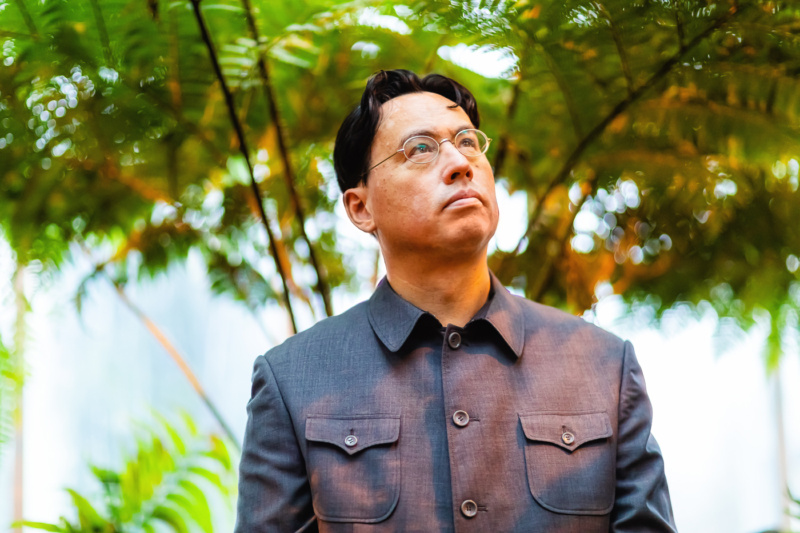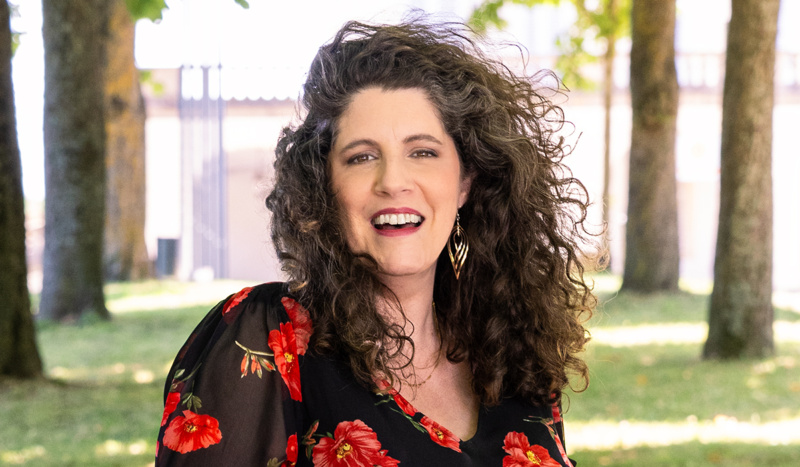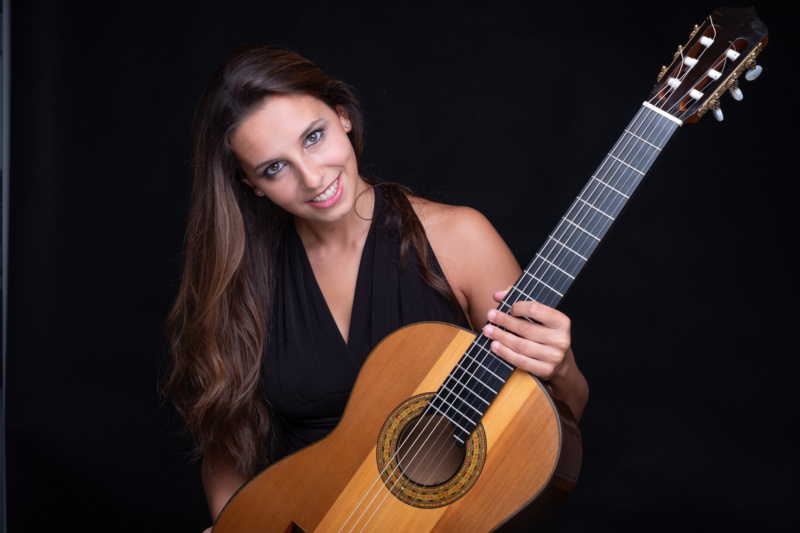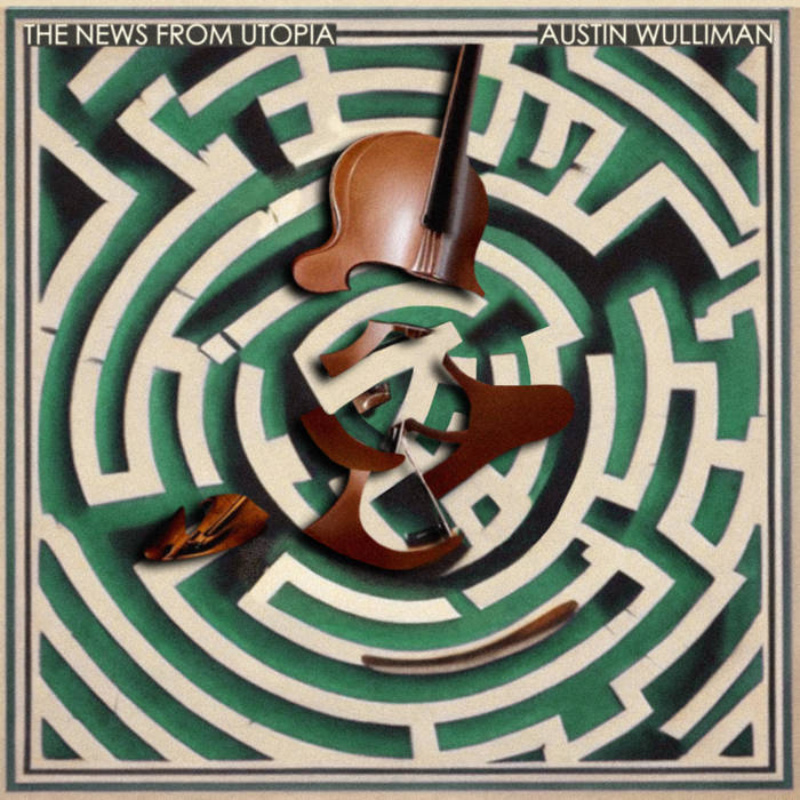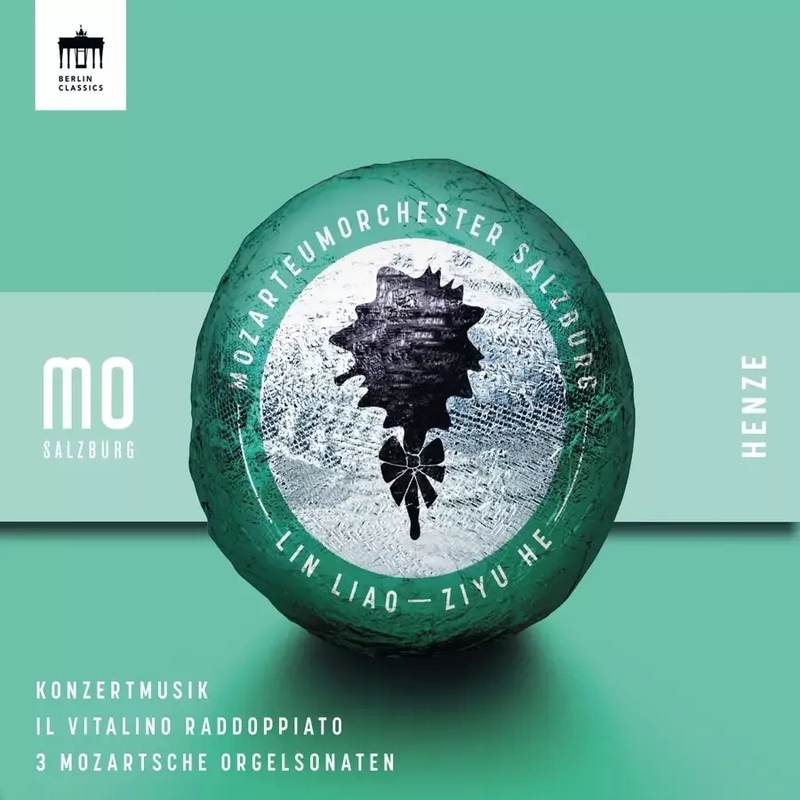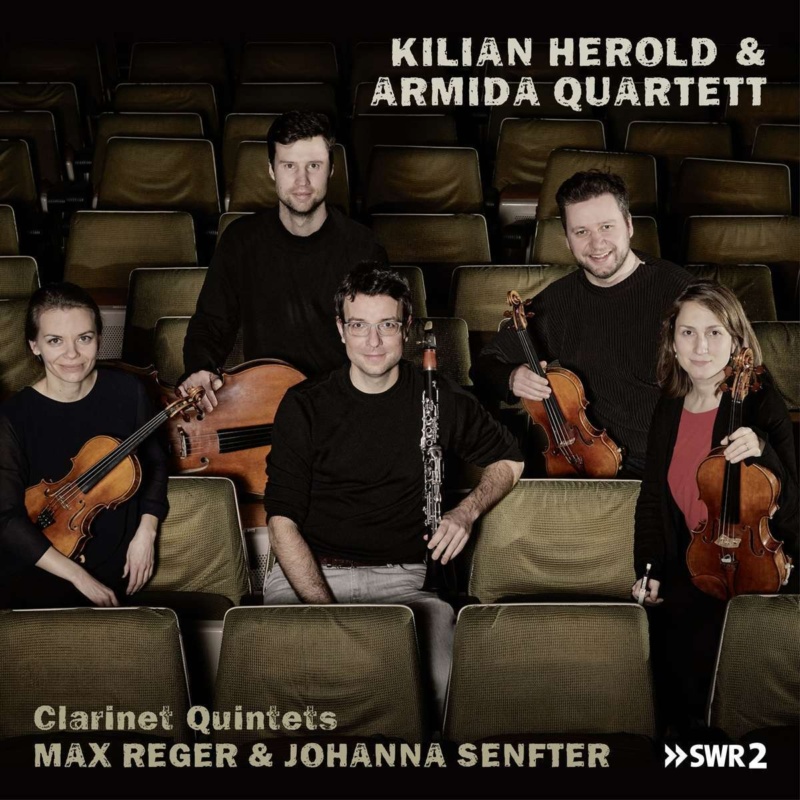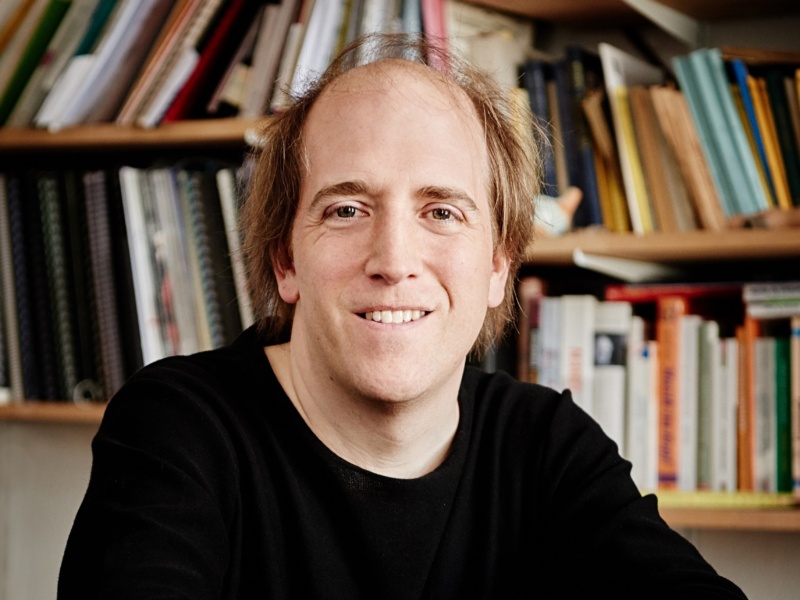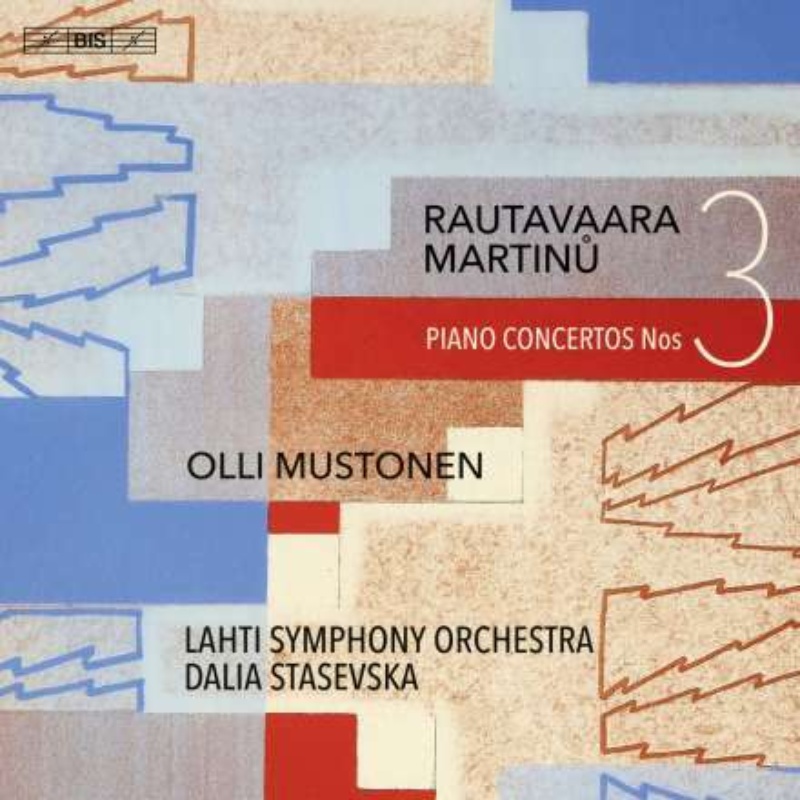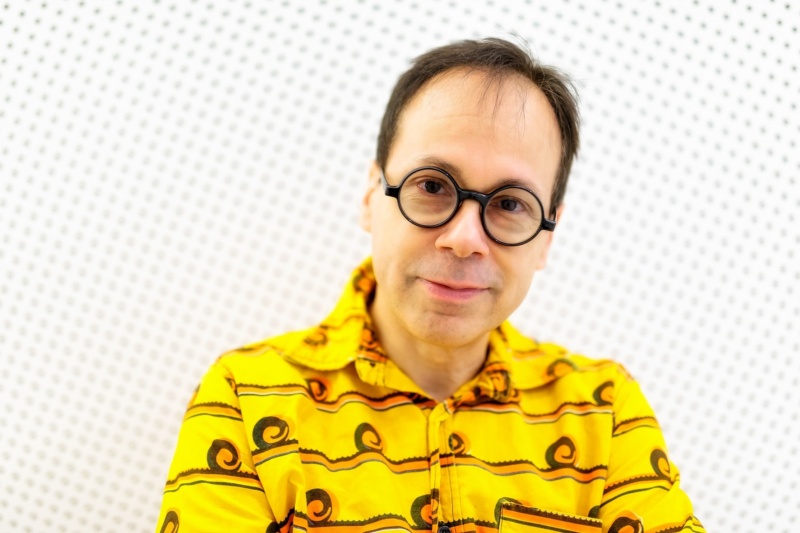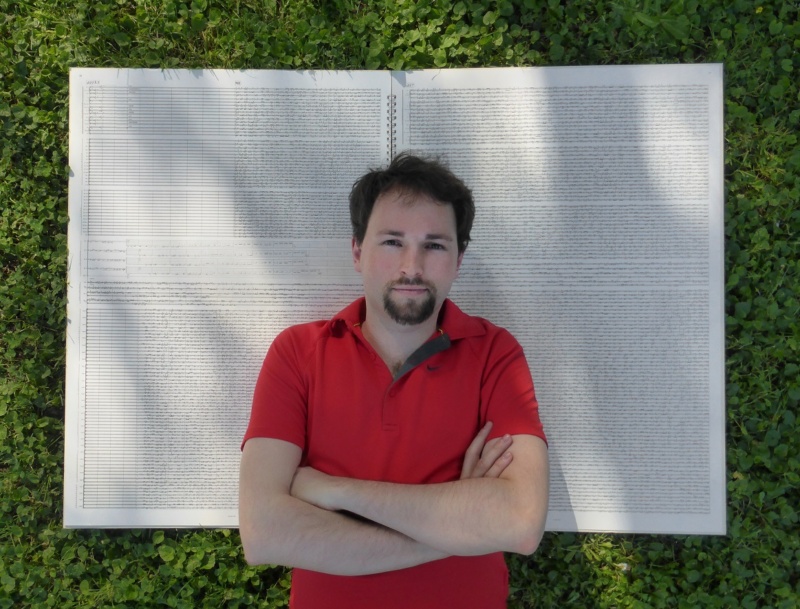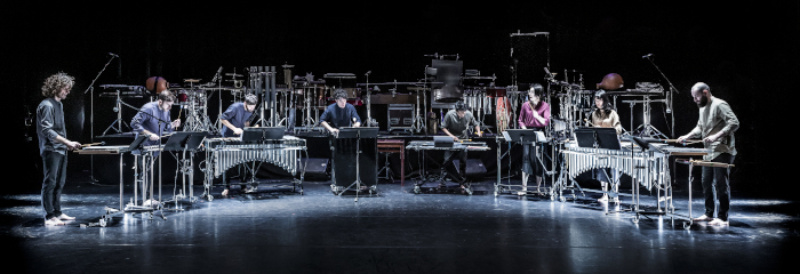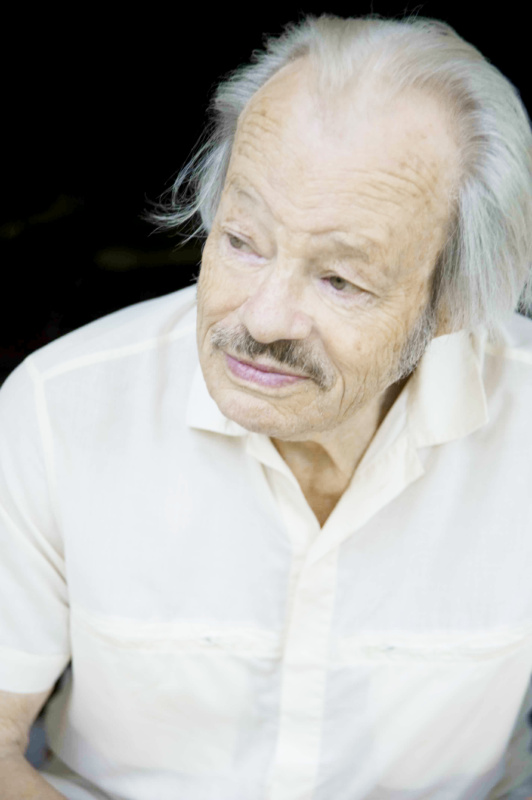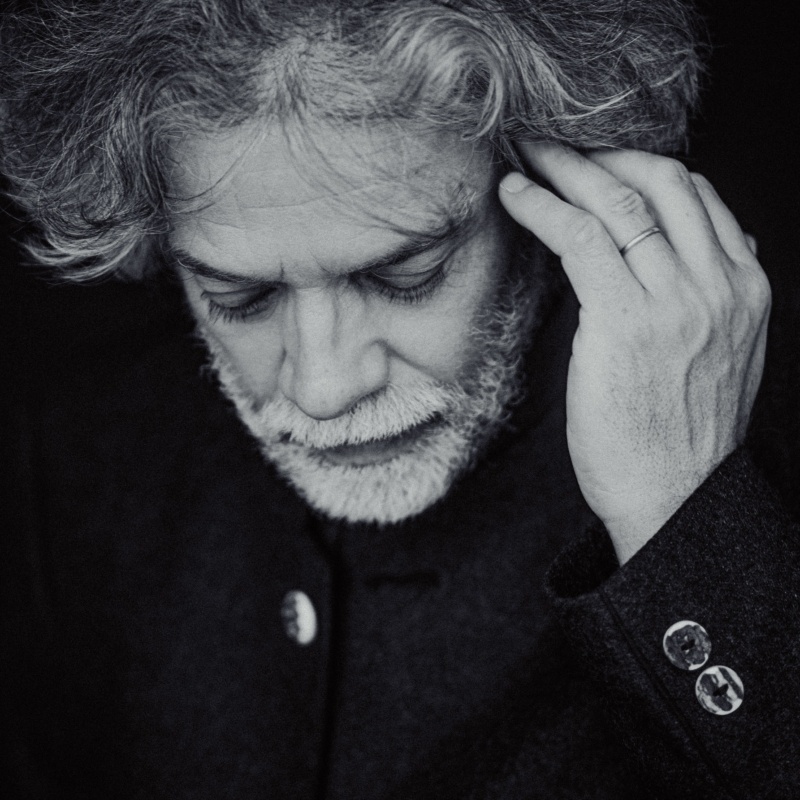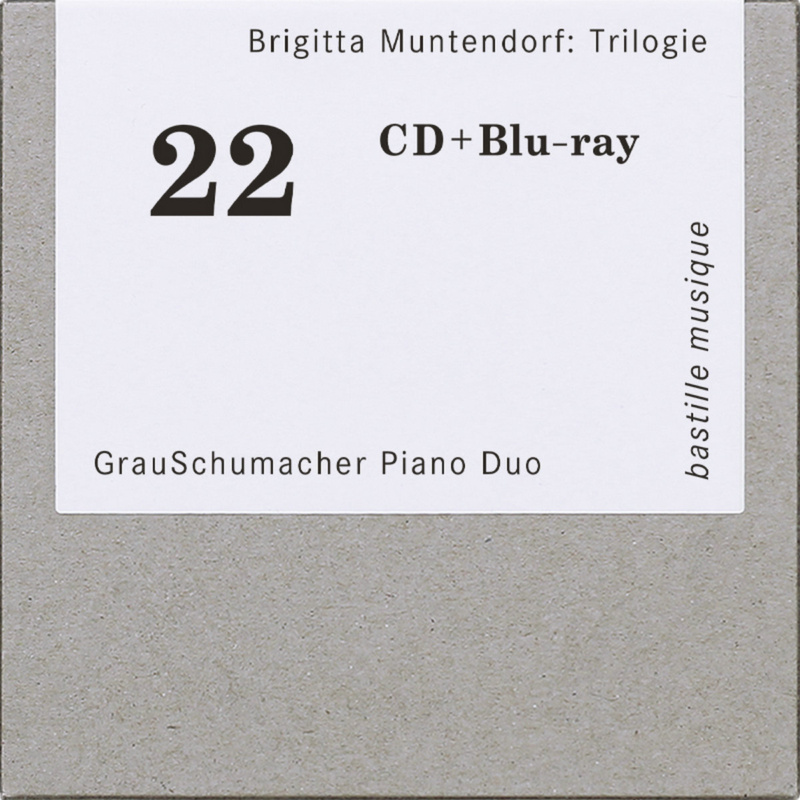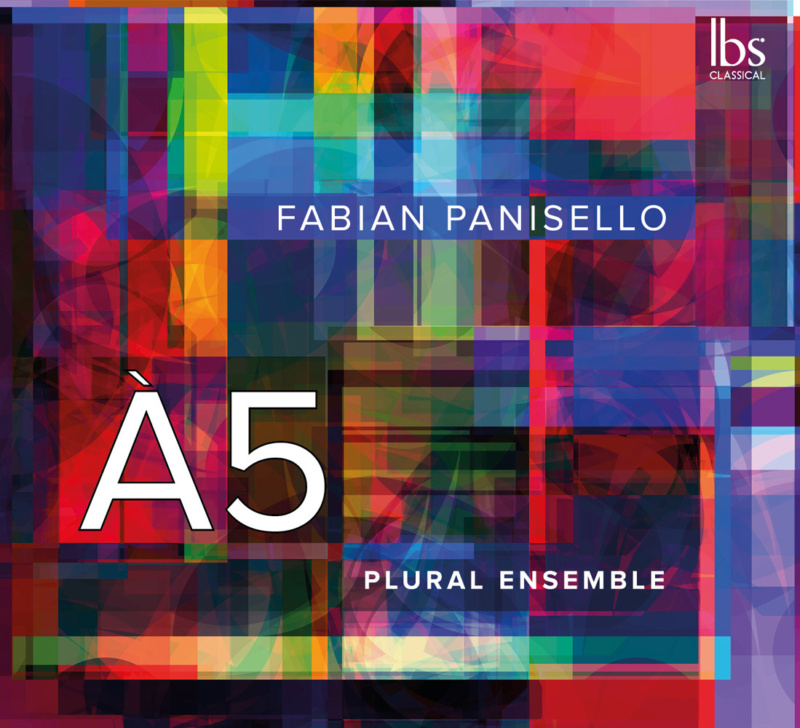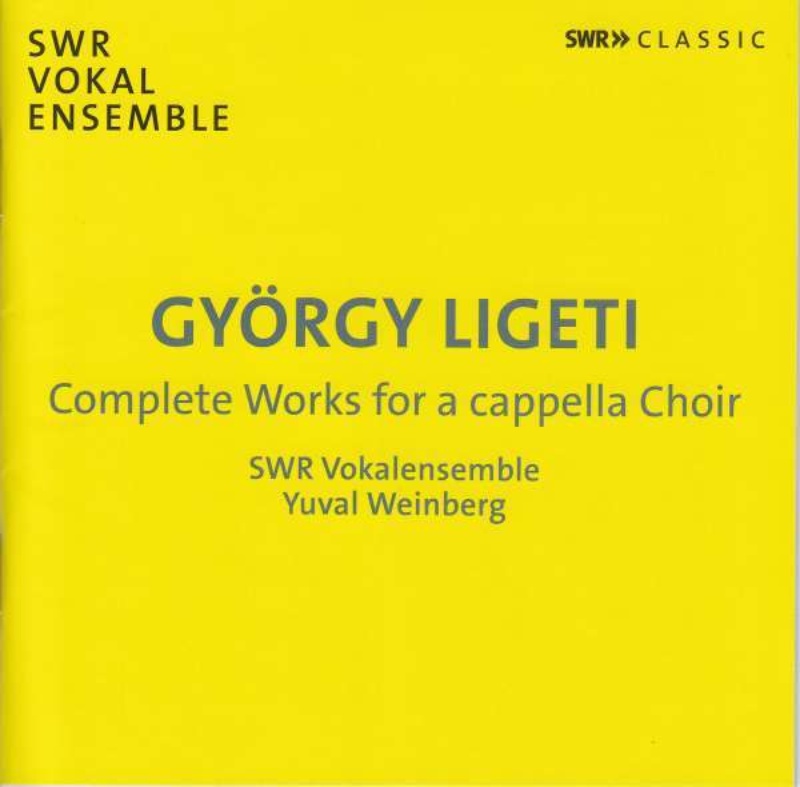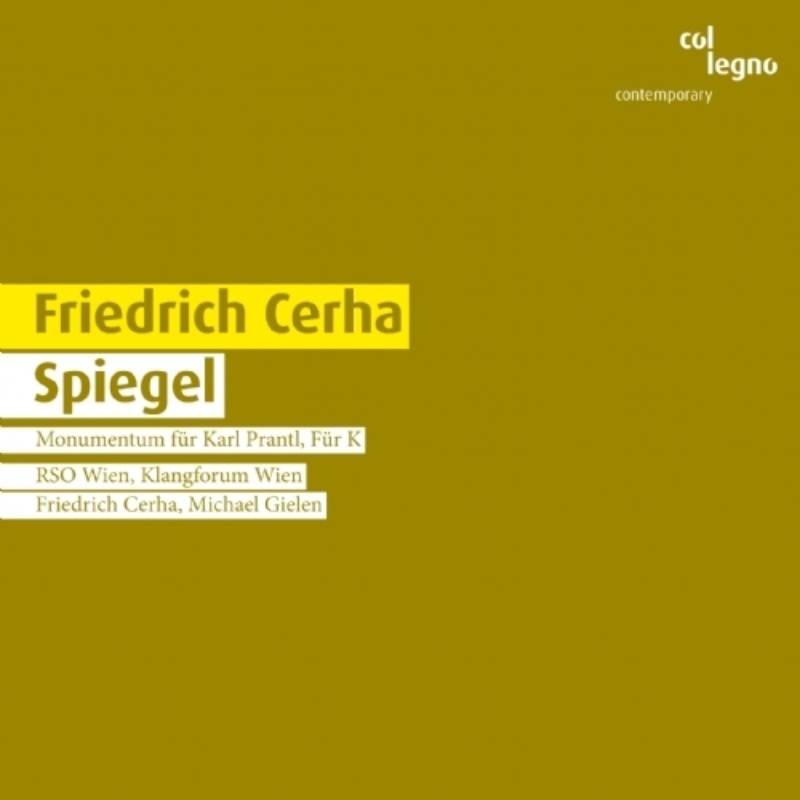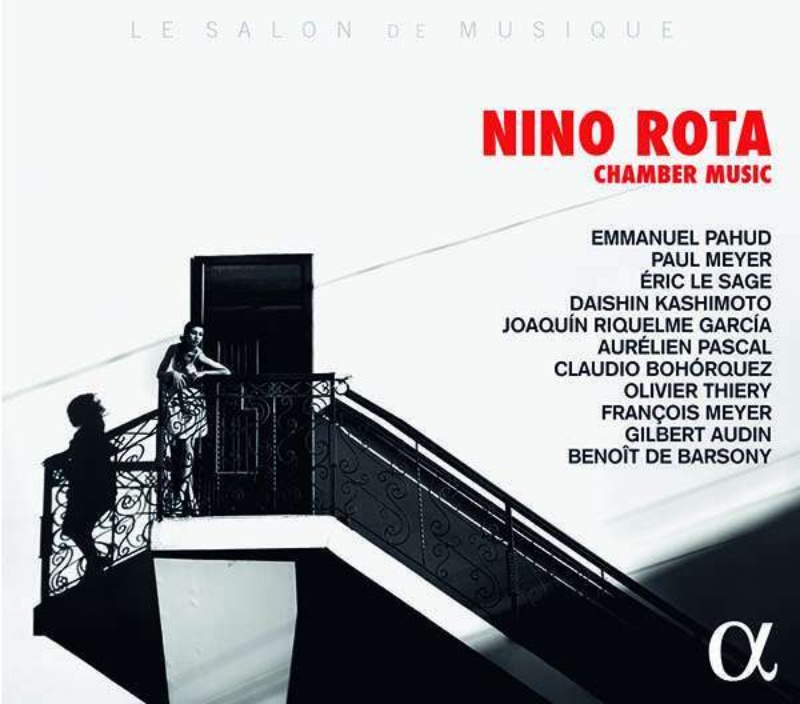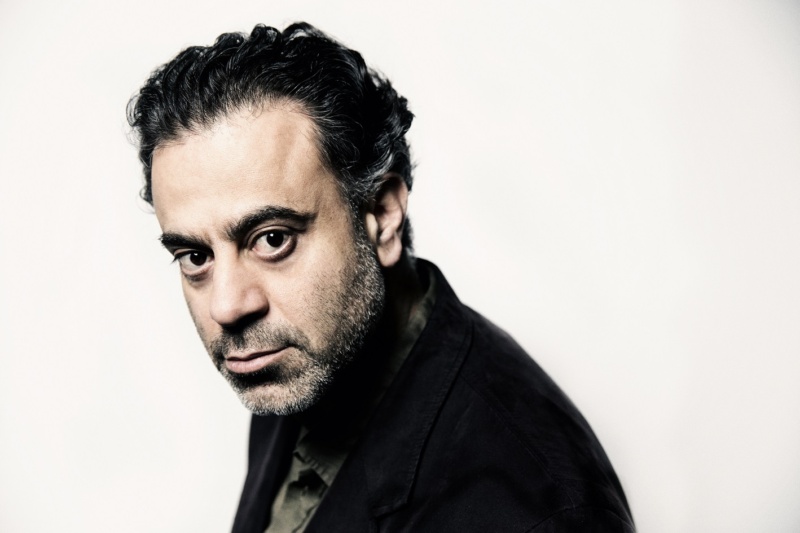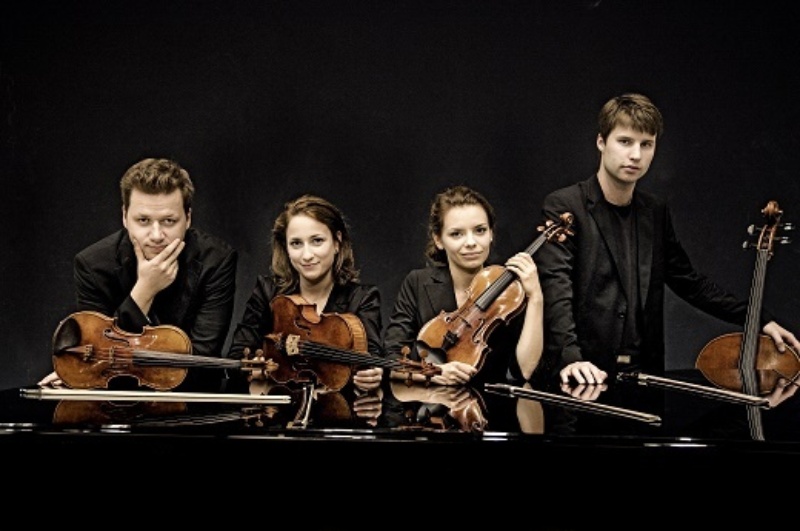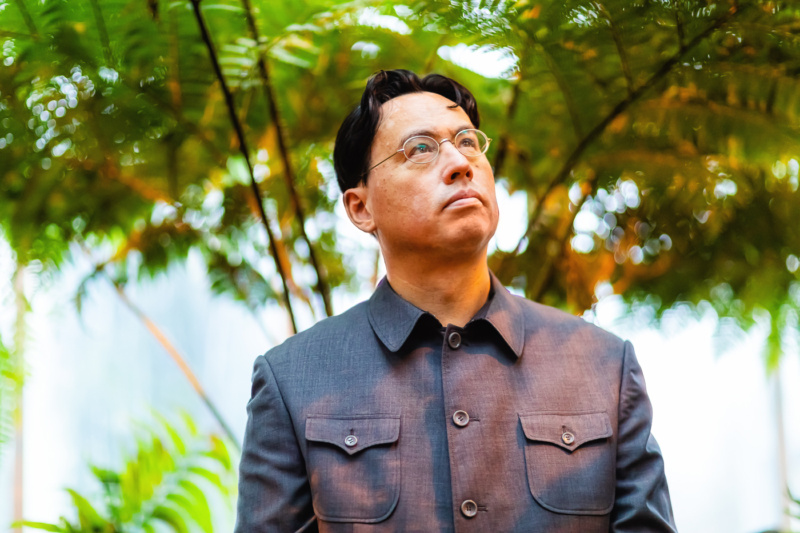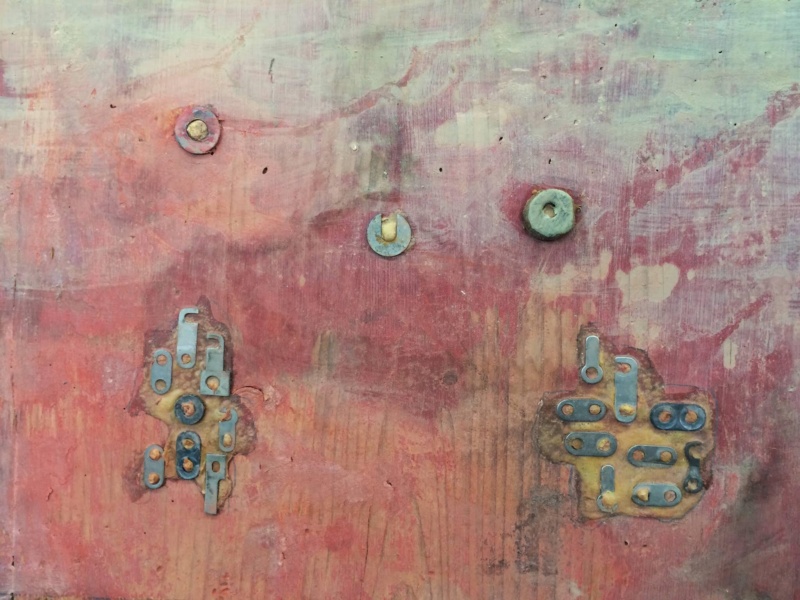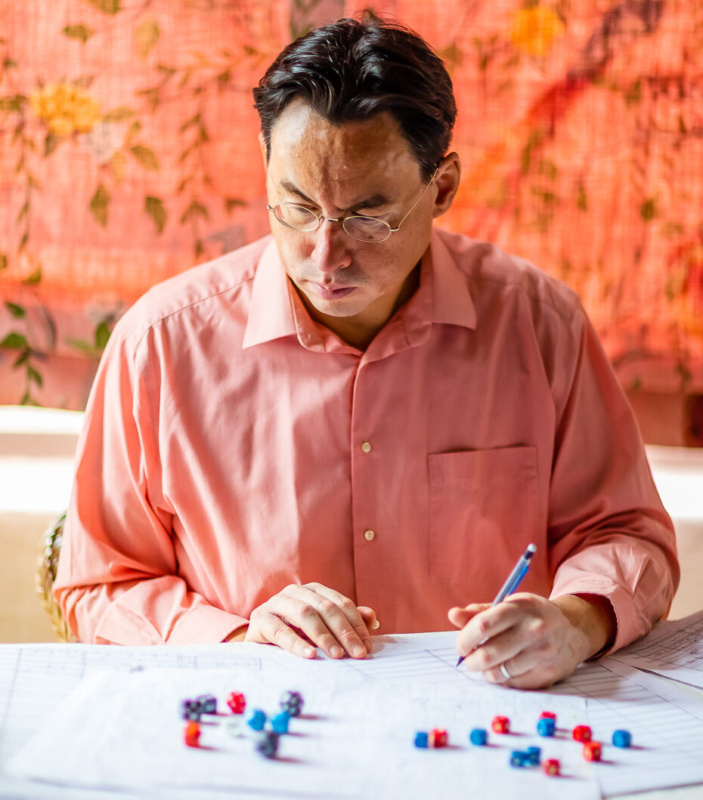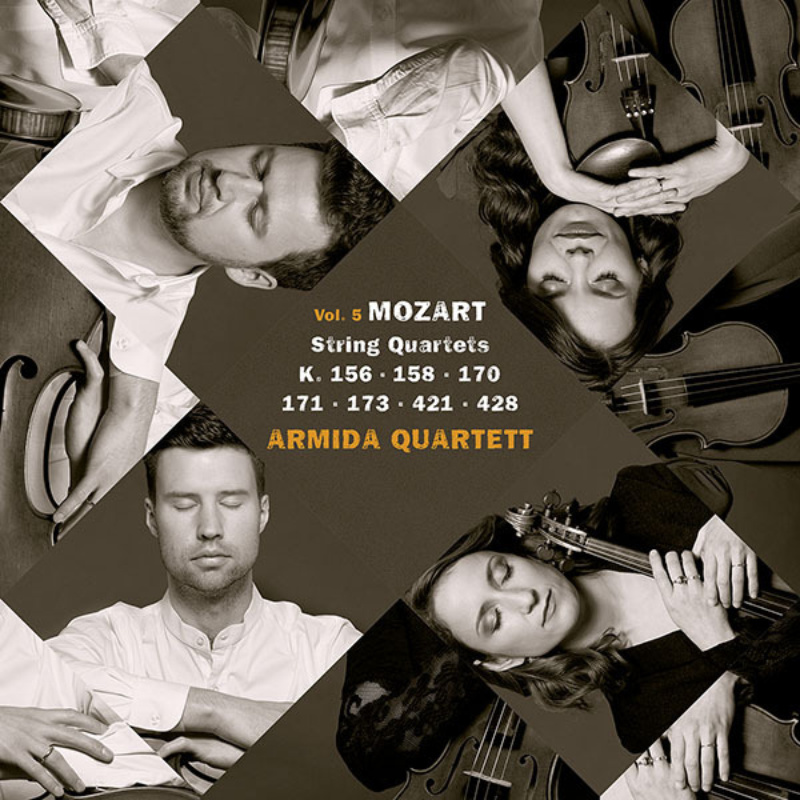"Sometimes everything just comes together!" said the enthusiastic jury of the German Record Critics' Award regarding the recording of Philippe Manoury's Le temps, mode d’emploi. The Grau Schumacher Piano Duo has been awarded the coveted Critics' Prize for this recording; the award ceremony was originally planned as part of a concert in the musica viva series featuring Andreas Grau, Götz Schumacher, and the Bavarian Radio Symphony Orchestra in the Herkulessaal Munich – which now had to be cancelled.Otto Paul Burkhardt took a closer look at the duo’s work. We publish his portrait with the kind permission of the author and the Südwest Presse.
When they play, even level-headed jury members may suddenly find themselves losing it. As just occurred – the jurors raved about a "thunderstorm", "cracking chords", "wild hunts", and a "magical sparkle". In short: "a rollicking journey through virtual soundscapes", as the latest accolades for the piano duo Andreas Grau and Götz Schumacher proclaim, awarding the pair the coveted German Record Critics’ Award for 2019. In this case, for their brilliant recording of a 50-minute mammoth work: Philippe Manoury's Le temps, mode d’emploi for two pianos and live electronics (on Neos). A sonic trip with magnetic pull. Grau and Schumacher can do both classic and modern, at home with Schubert as well as Stockhausen, making guest appearances in Paris and Tokyo, music with the best orchestras, and taking part in avant-garde festivals. But that's not all. Britain’s Sunday Times even named the CD one of the "100 Best Records of the Year", in exquisite company with Nick Cave and Igor Levit.
Andreas Grau and Götz Schumacher – who both grew up in southern Germany – have been traveling together for over 35 years. After the initial glowing accolades, such as at the 1989 German Music Competition, and a precipitous international career, they have long numbered amongst the best piano duos. Elbphilharmonie Hamburg, Wigmore Hall in London, Madrid, Warsaw, Munich, Porto, the Schwetzingen Festival – this is what their current schedule looks like. Their trademark? Unique programmes. Joyful discovery. A passion for variety, for exhilarating combinations.
Their biography as a duo includes the names of top conductors such as Kent Nagano alongside appearances at the Salzburg Festival, in addition to smart concert series such as "Bad boys of the piano", and musical and literary evenings with Klaus Maria Brandauer. What keeps the two pianists fascinated? The “telepathy of playing together”. No wonder that they also merged by name, calling themselves “GrauSchumacher”.
But actually, now it’s the other way around. In the beginning they lived “door to door”, now “one lives in Tübingen, the other in Berlin”. How do they prepare, via video? No. A new piece is “first rehearsed separately”, Grau says. Then it is a matter of “merging” the two parts in ongoing phases of the work. There are different points of departure, perhaps, but they come together. But it is precisely this "additional otherness", Schumacher says, which they see as an "enrichment" on the way to a common interpretation.
Such was the case with Le temps, mode d’emploi, a piece that composer Philippe Manoury dedicated to the piano duo. "We’ve rarely played something so difficult," Grau says, admiringly. The title makes playful reference to “a user’s manual”. It is about the "perception of time", about compressed and stretched time, "about swiftness and standstill", Schumacher explains. Real and virtual sounds overlap. This creates a true rush of sound, with wild storms and beguiling periods of rest – a good example of just how sensuous new music can sound.
In the meantime, more than a dozen composers have written works especially for GrauSchumacher – the illustrious series ranges from Wolfgang Rihm and Peter Eötvös to Brigitta Muntendorf. Is there such a thing as a formative DNA work? Yes, they reply in unison: both Stockhausen's cosmic “Mantra” and Bernd Alois Zimmermann's “Dialogues”. And surely the list includes Schubert's Fantasia in F minor. Because the core repertoire of the piano duo, which sees itself as “stylistically open”, also includes Bach, Mozart, Mendelssohn, Bartók, Poulenc, and many others.
Including Beethoven: in time for the jubilee year, they will be playing the Ninth on January 4 in Tübingen – in a four-handed version arranged by Carl Czerny. According to Grau, this version allows “a different view” of the well-known work: “a new, quite spectacular experience.” Piano duo is a life's work for Grau-Schumacher. And, as ever, an exciting journey through time over the centuries – the joy of discovery continues.
Otto Paul Burkhardt
First published by Südwest Presse, 27/12/2019
